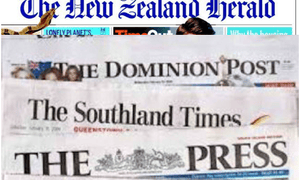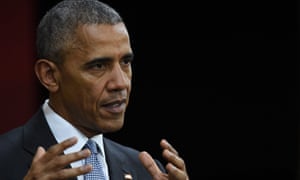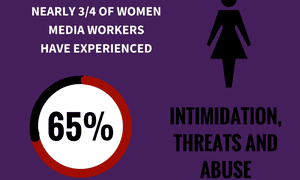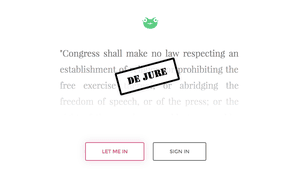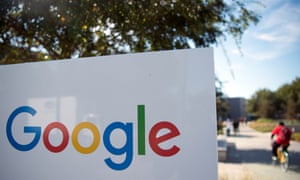News on the Tweet

1) Why are respected news brands good news for Twitter?
They like to follow the news as it happens; allowing the news to be broken on Twitter so that they both enjoy Twitter and the news at the same time. They also like, having debates and discovering like-minded people who share similar values and ideologies as yourself. The presence of news brands provide an important service such as, 61% f Twitter users state they like to follow news as it happens, News breaks on Twitter than anywhere else and also, 56% say Twitter gives the audiences a chance to join in on the debate and share their points.
2) Why in turn is Twitter good for respected news brands?
Twitter is a platform where professionals and youngsters can deliver straight to the point messages and is a good way of getting content across through to the trending isle using the hashtag button. This is one of the reasons why Twitter is good for respected news brands. It allows stories to go more viral and read by millions of Twitter users as well as it being ab platform to actually interact with fellow customers/the fan-base.
3) The report suggests that old and new media “are not, in fact, in direct competition, but often work extremely well together to enhance both the media eco-system and the consumer experience”. What evidence do they provide to support this idea? Do you agree with it?
I do agree to some extent, but it is more of a competition rather than a good thing for news companies. I agree with the fact that their is a lot of revenue combined from both print and online when consumers take in the news. However, it doesn't block out the fact that online is harming print and is continuing to do so. This gives off an everlasting affect that the online world has done more bad than good when it comes to news corporations.
4) On page 24/25 of the report, the focus turns to 'gossip' or 'banter'. What example tweets from journalists are used to illustrate this?
5) Do you think the increasing amount of 'gossip' or 'banter' is harming the reputation of news and journalists?
I do believe that gossip and funny jokes are things that can harm journalists. The problem doesn't necessarily mean it is Twitter that is at fault, it is the media platform- the internet. Any post be it a typo or wrong information will leave its digital footprint which in turn can act as a way to ruin the reputation of any news brand and has done so in the past
6) What does the report say about trust in Twitter and journalists (look at pages 34-39)?
7) Do you think new and digital media developments such as Twitter have had a positive or negative impact on traditional newspapers?
I believe that there has been both a good and bad impact. The reasons why Twitter has become a good platform from traditional news paper companies is because it is the only appropriate social media site that actually allows users to interact with them and actually be notified when a post has gone up. It gives a safety for the number of people who are going to read their latest story as it has been sent to their subscribers account. On the other hand, Twitter has had some negative impacts on news corporations such as complaints. People who have a complaint or demand answers from these institutions essentially have more power and authority over them when using Twitter as they are viewed by other fellow Twitter followers who follow the same institution. This essentially can instigate a matter and turn it really badly.
8) Finally, how can we link this report to the vital current debate regarding fake news and Facebook? Do traditional news brands need protecting to ensure there are sources we can trust?
I believe that the more sources that are trust worthy, it will be a good way of helping new brands in the future when creating stories or publishing them. Currently, Facebook isn't currently a safe place for news brands to collect stories or information in general. Sites like social media need to be much safer and only then can the protection be lifted to allow news corporations to take use of these sites.
I believe that the more sources that are trust worthy, it will be a good way of helping new brands in the future when creating stories or publishing them. Currently, Facebook isn't currently a safe place for news brands to collect stories or information in general. Sites like social media need to be much safer and only then can the protection be lifted to allow news corporations to take use of these sites.
